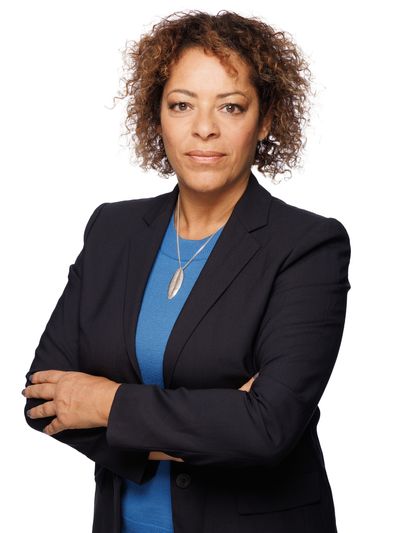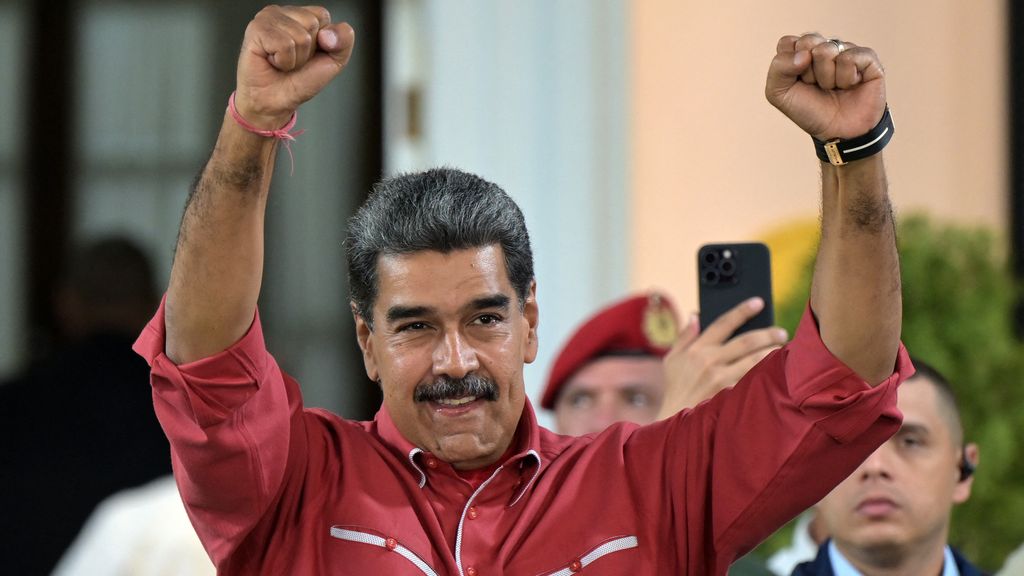News News•
-

Nina Gorna
South America Correspondent
-

Nina Gorna
South America Correspondent
The repression in Venezuela has become increasingly violent and intense since the results of the elections on July 28. Riot police are cracking down on protests. More than 20 people have been killed so far, and according to the human rights organization Fora Penal, more than 1,200 people have been arrested in ten days.
Current President Nicolás Maduro has declared victory, but the results of the government-controlled National Electoral Council election have not yet been announced.
The opposition concluded, based on results it says it obtained and published online, that opposition presidential candidate Edmundo Gonzalez won with 67 percent of the vote.
The attorney general has now opened a criminal investigation into the two opposition leaders in hiding, Maria Corina Machado and Edmundo Gonzalez. They call the electoral council’s results fraudulent, and the opposition has also made attempts to get the military on their side.
“Army, side with the people,” the opposition wrote in a statement last week. But army chief and defense minister Vladimir Padrino López later said the military “unconditionally supports” Maduro.
No information
Protesters and Maduro critics who are in detention risk long prison sentences. Relatives have been gathering at Caracas’s Zona 7 prison for days, hoping to get information about their loved ones. They carry bags, food containers, drink bottles and clothes to the prison. Armed police officers stand guard outside the prison, holding shields and batons at the entrances.
Hernan Hector Garcia is among the visitors. He has heard that his son is being held inside, but he doesn’t know anything else. “I hope they will give me information here,” he says anxiously. “I want to know what they are accusing my son of. So far, no one has provided any explanation or information.”
Terrorism
Dozens of other family members sit on the sidewalk waiting for news, but the prison gate remains closed. A group of lawyers tries to get through, but they are also being turned away. Staff from the human rights organization Fora Pénal speak to family members outside the prison. But they can’t do much either.
Lawyer Stefania Migliorini of Fora Pénal was also not accepted. She points out that the repression is now harsher than during the protests in previous years. “This is also because those arrested are brought before a special court, where they can be charged with terrorism. This carries a maximum sentence of 30 years in prison. They can also be held for 45 days before being brought to trial,” she added.
Minors
Most people have been arrested during demonstrations or house searches. Videos circulating on social media show opposition members and critics being arrested in their homes. A surprising number of young people, even minors, are among the detained protesters. “As far as we know, the youngest detainee is about 15,” says Migliorini. “Parents are not allowed to contact us, and neither are we.”
There are also major concerns about treatment during arrests and in detention centers. There is already not much space left, and with hundreds of additional prisoners, conditions are not improving. Migliorini knows that there are also examples of prisoner abuse. “We get this information through family members,” she says. “They get it directly, but also through video recordings. People are beaten during arrest and in prison.”
External pressure
Maduro’s response to the anger over the election results, which many Venezuelans denounce as fraudulent, has been more repression and repression. So far, he seems unconcerned by outside pressure. Many Latin American countries are demanding transparency about the election results.
The United States recognizes opposition candidate Gonzalez as the legitimate winner based on opposition results, which Washington describes as credible. Colombia, Mexico and Brazil — Latin America’s most influential leftist countries, which have good relations with both Maduro and the opposition — are trying to mediate.
Venezuela has been a destabilizing factor in Latin America for years. In recent years, an estimated 7.5 million Venezuelans have fled their country due to the humanitarian and political crisis. They have largely settled in the region. There are fears that this number will now rise.
Meanwhile, the opposition is not giving up. Protests are also planned in the coming days.





